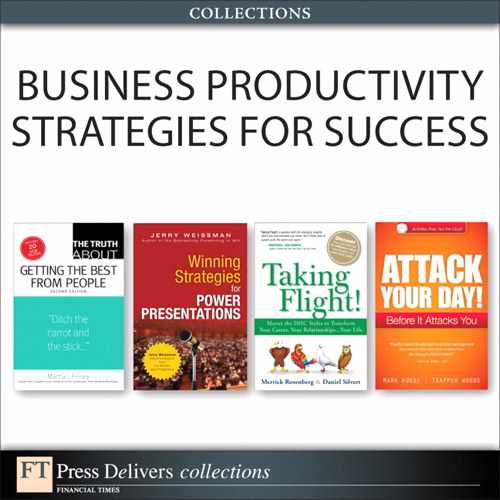Truth 32. Ask for cheese—you might get the moon
In 1933, John Jay Whitney was strolling through his 600-acre Long Island estate one day when an amusing notion crossed his mind. So he turned to his groundskeeper and said, “Wouldn’t it be great to be able to play polo right here?” Then he went on vacation.
When he returned, he came back to discover a lovely, leveled polo field where the gentle, natural swells of Long Island seacoast landscape used to be.
Oops.
Most of us don’t think, operate, or make mistakes on the scale of a John Jay Whitney (one of the country’s wealthiest men in those times, who started the first venture capital firm, financed Minute Maid orange juice, and Gone with the Wind and served as ambassador to Great Britain during the Eisenhower administration). But managers have more power than they know. And they sometimes think aloud. The result? A polo field!
It’s hard to imagine that in these days of more democratic, team-based workplace cultures, such a thing can happen. Four words immediately come to mind, though: five-figure shower curtains.
This is not a chapter about executive excesses, by the way. It’s about that small reptilian noodle that basks inside all our brains with one assignment only: Do whatever you have to do to keep alive. These days that translates into the mandate of keeping a steady paycheck coming. And for your employees (no matter how egalitarian you pride yourself in being), that translates into two words: “Yes, boss.”
Abject hop-to-it-iveness is nothing to be proud of.
Even though we don’t like to think of ourselves as whip-cracking leaders, we do like to think of ourselves as the kind of people who know how to get things done—especially via the impassioned dedication and innovative talents of our team. But abject hop-to-it-iveness is nothing to be proud of. It’s the feudal squeaking of the gecko inside us all that pleads, “Keep feeding me!”
If you have the power to hire and fire, you hold many little reptilian brains in the palm of your hand. Your employees are acutely aware that their advancement and survival may be, for the moment at least, at the service of your pleasure and fancies. If you think you may be getting more than you actually ask for, it’s time to do a proportion check:
• Do you think aloud to the wrong people? Yes, you should neutralize your inner yes-man by exploring exciting ideas outside the safe, and ever-so-reassuring, confines of your own skull. But if you’re sharing all your thoughts with just your direct reports, you may be exchanging your internal cheerleader for a whole cadre of people who are, in fact, paid to tell you you’re brilliant.
If you want real, brutally honest feedback on your latest ideas, build a team of friends and authorities who aren’t counting on your goodwill for their rent money. Once you’ve tested it with trusted and respected people who are meeting their basic needs elsewhere, you can safely bring it to your team and request their feedback, ideas, processes, budgets, and schedules.
• Are you making it safe for your direct reports to double-check your meaning and intent? This is an economic era when we build our competitive advantage by bringing things to the world it has never seen before. Few people get ahead in their careers these days by saying, “It can’t be done.” And that economic climate stifles the “no’s” in your department, which could ultimately prove to be very expensive and regrettable for you. So, while you certainly don’t want a team made up solely of entrenched “no men,” it’s good for your entire department to know that it can ask, “Are you sure?”
Few people get ahead in their careers these days by saying, “It can’t be done.”
If you get that second question, stifle your own inner reptile, and ask a few questions back: What are you seeing that I’m overlooking? Do you see a better (cheaper, more efficient) solution to this problem? Can we get the results we’re looking for without such drastic measures? So you think a party on Malta might not be the best way to invest stockholder funds?
Welcome that double-checking function as a trusted measure against huge mistakes that can change the landscape of your entire business. Give your team permission to say, “Maybe there’s a better way.” Your successes may be less dramatic, maybe. But your blunders won’t be the stuff of cautionary tales 75 years later.
